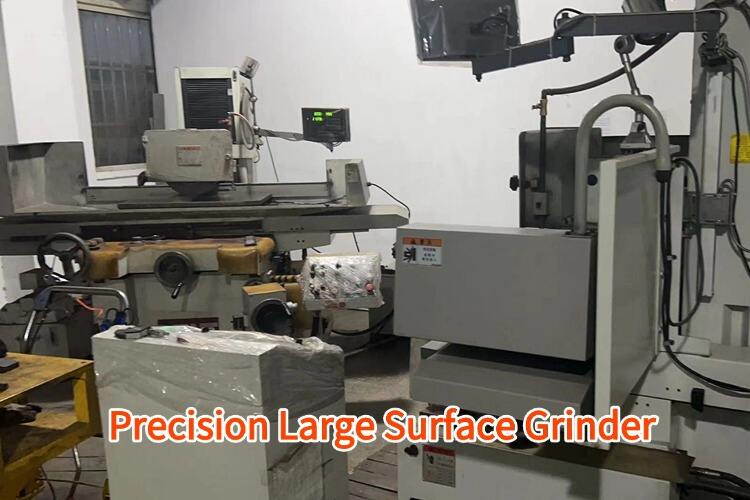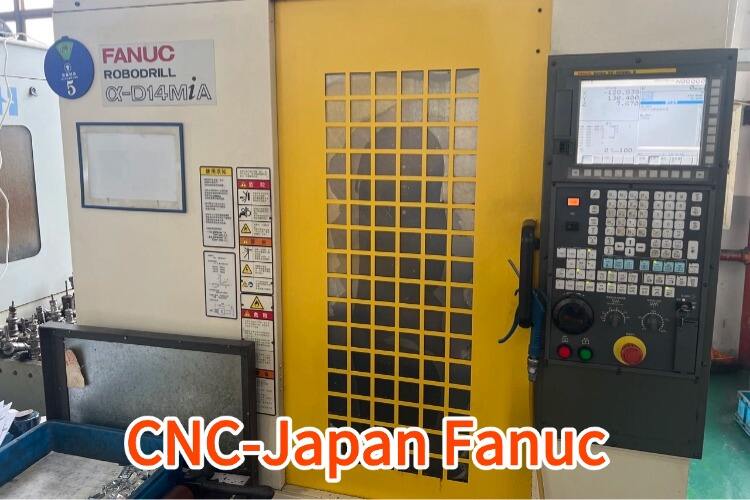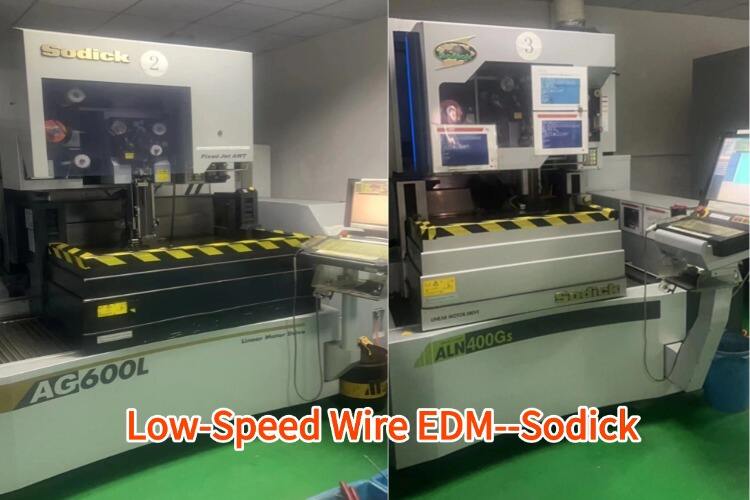цагаан шар cnc машинчлалын хэсгүүд
Алуминийн CNC хөрвүүлэх хэсгүүд нь сонирхолтой бүтээгдэхүүний зорилгоор тодорхойлогдох модын үйл ажиллагааны дотоод үндэслэлийг илэрхийлдэг. Энэ нь алуминийн хуримтлагатай байдлыг компьютерийн шуудангийн үйл ажиллагаагаар хамтран ашиглах боломжийг олгодог. Эдгээр хэсгүүд нь алуминийн блокнуудаас материал устгахад автоматик үргэлжлэх ажиллагааг ашигласан CNC (Computer Numerical Control) технологи дээр суурилсан. Энэ процессыг ашиглан ±0.0002 дюймийн хязгаартай хэсгүүдийг бий болгоход туслана, энэ нь үйлдвэрлэлийн цагт нэгэн нэгтэйгээр зөвлөгөө өгөхөд тусална. Эдгээр хэсгүүд нь аero космос, машин, медицин бутцууламж, эрүүл мэндийн тоног төхөөрөмж болон хэрэглэгчийн электроникийн талбарт ихээхэн ашигладаг. Хөрвүүлэх процессыг ашиглан ихэвчлэн контур, зөвхөн цэцгүүд, шугам, төрөл бүрийн гадны бүтээмжийг бий болгоход болно. Эдгээр хэсгүүд нь 6061-T6, 7075-T6 зэрэг алуминийн төрлүүдээс бий болгож болно, энэ нь үр дүнтэй, өндөр, халуунд тулгарах хамгаалалтын ялгаатай. Алуминийн CNC хөрвүүлэхийн хувьд ихэвчлэн прототип боловсруулах, их тооны үйлдвэрлэлийн цагт ажиллуулах боломжтой, дизайныг өөрчлөхөд ихэвчлэн хэрэглэгчийн төлбөр зарцуулах шаардлагагүй.


